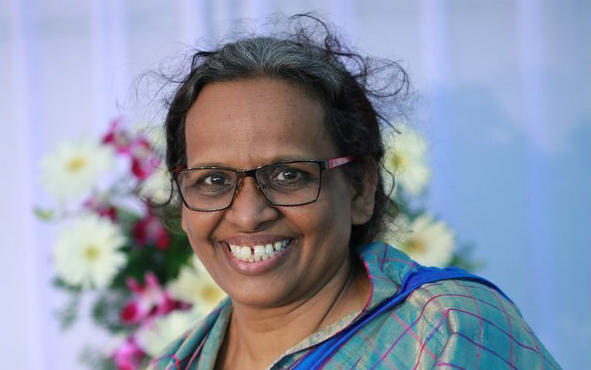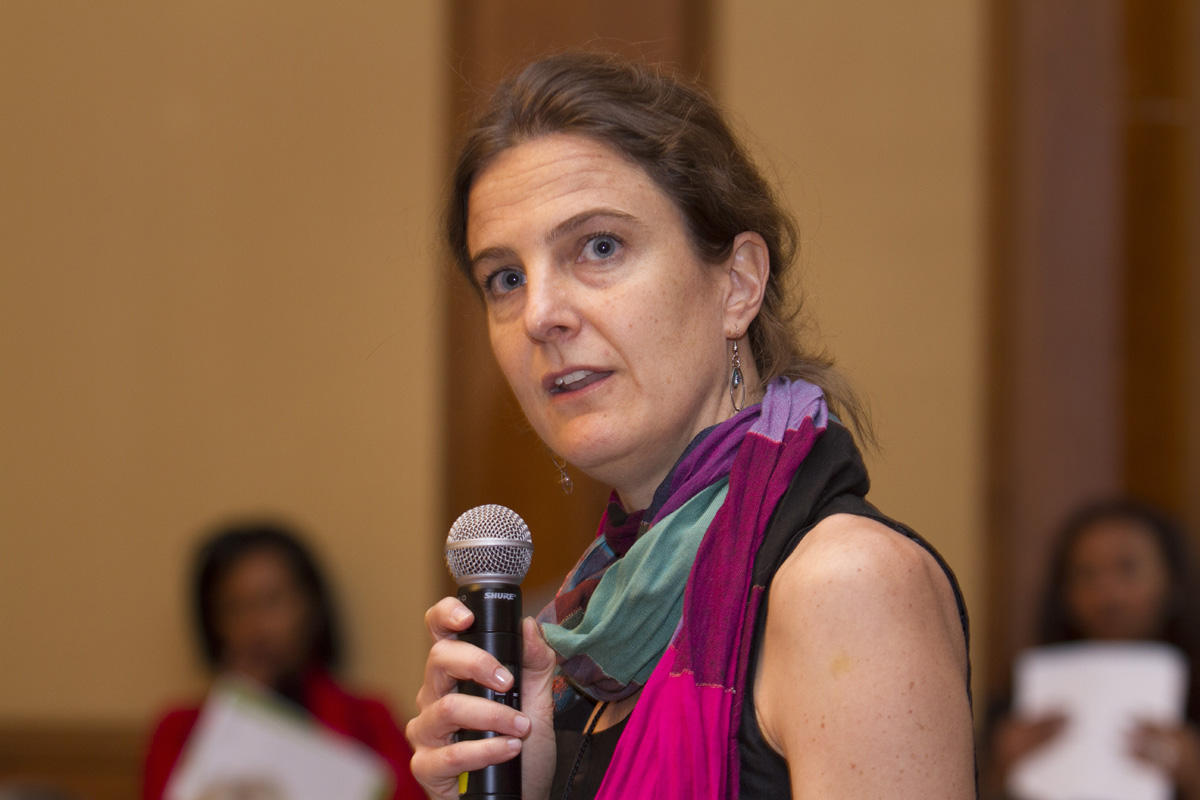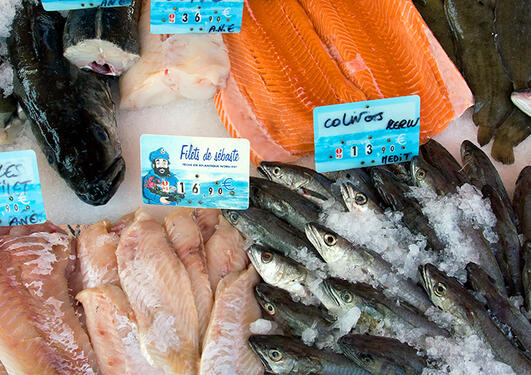Nutrition and food security
From grass roots initiatives to global policies

Main content
Salome Yesudas
M.Sc., Bharati Integrated Rural Development Society, Andra Pradesh, India.
Salome Yesudas presentation will focus on the grassroots initiatives in India featuring both indigenous and rural communities. Efforts involve reviving uncultivated foods and forest foods as a means of ensuring food and nutrition security throughout the year in a sustainable way. There are hundreds of neglected but nutritious, delicious and easily available foods around rural surroundings in India. For different reasons peoples’ attention is drawn towards packaged foods rather than locally available produced foods.
Through easily understood educational activities backed by scientific evidence all uncultivated foods and forest foods locally available were revived to find their place on the plate, leading to food and nutrition security. Global policy makers could benefit from greater awareness of effective, yet simple, low cost and sustainable local initiatives that work to enhance nutrition and food security.
Charlotte Dufour
PhD, Nutrition and Food Security Consultant (formerly UN FAO Nutritionist).
The face of malnutrition in the world has drastically changed in recent decades. While an unacceptable number of people still suffer from hunger and undernutrition, the number of people who are overweight and obese now outnumber those who suffer from hunger. Diet-related diseases are a leading cause of death. “Overnutrition” coexists with “undernutrition” and micronutrient deficiencies in the same countries, households and even individuals.
The systems which provide us with food have also been revolutionised. In a rapidly urbanising and increasingly connected world, fewer people obtain their food from their own agricultural production. The food industry has an ever expanding role as people worldwide increasingly rely on processed foods sold in complex retail networks dominated by supermarkets. This is driving a radical shift in dietary patterns and dietary quality with significant consequences for our health and our environment.
What are the implications of these evolutions in our food systems for public policy and the private stakeholders involved from food production to the dinner plate (farmers, food processors, retailers, and consumers)? What opportunities do we have at global, national and local levels to modify these trends towards better nutrition and more sustainable diets for all?
The presentation is open to all!








